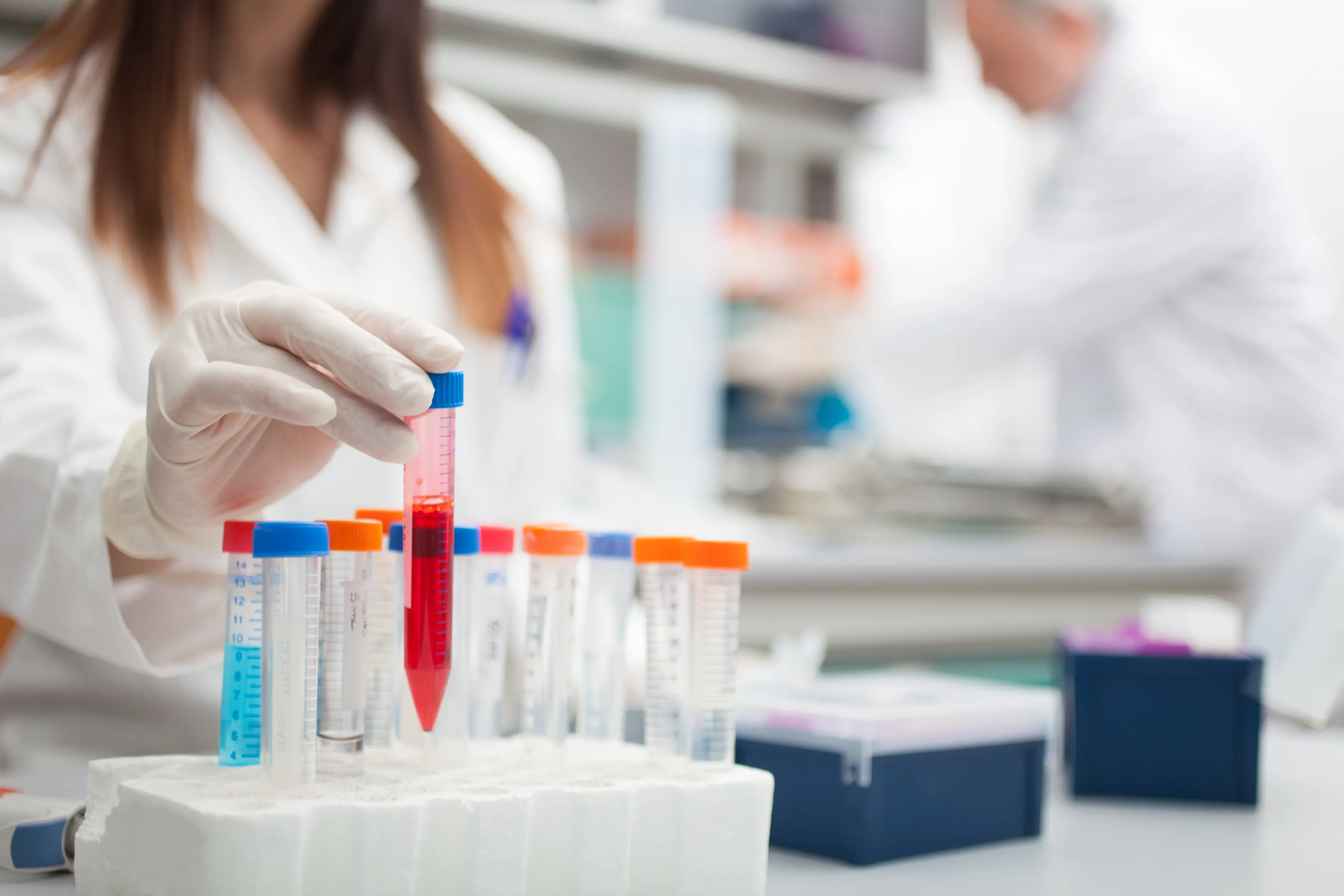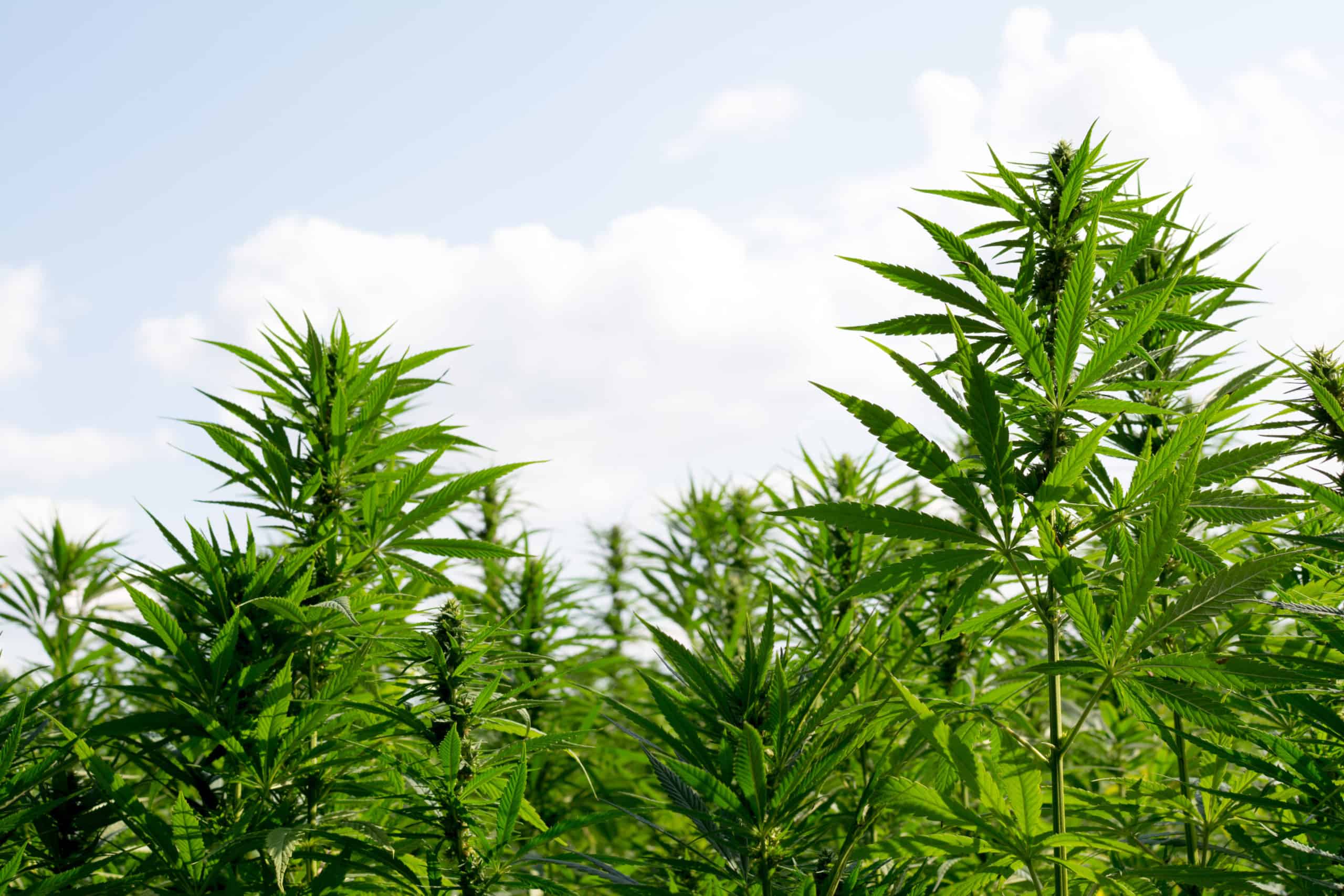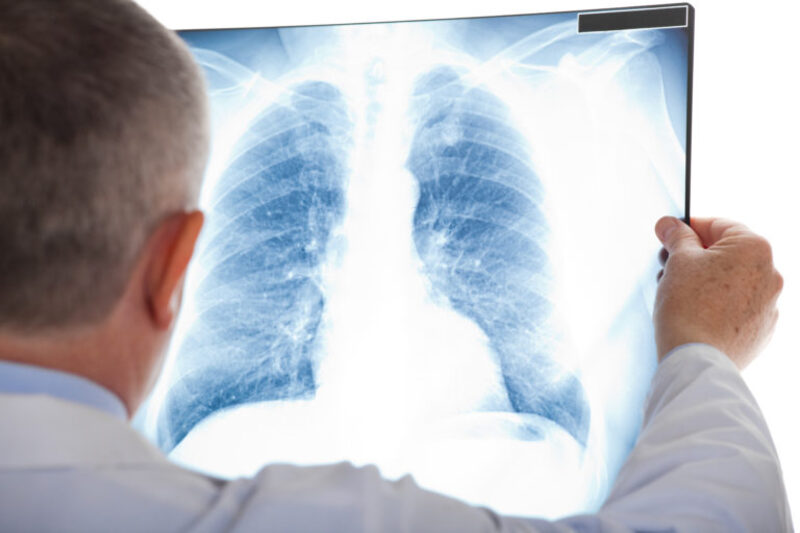-
- Market Research
- |
- CBD Near Me
- |
- Giveaways
- |
- Newsletter
- |
- Contact
- |
- Advertise
- |

Here’s the latest CBD news:
- New research provides mixed results on the effects of maternally transmitted CBD on newborn rodents.
- An academic review reports high success rates of CBD when used for anxiety and depression sufferers.
- CBD regulation proposals have been “frozen” as the White House reviews all legislative actions launched under the previous administration.
- Innocan Pharma has developed a CBD-loaded liposome injection that they will soon test on animals.
Prenatal CBD Use Affects Mood and Memory in Rodents, Study Finds
A University of Minnesota study published in Clinical Epigenetics on Jan 6th is among the first to assess CBD’s effects on pre- and post-natal offspring.
Researchers administered 20mg/kg of CBD to pregnant rodents on a daily basis, starting from two weeks prior to mating and concluding at the birth of their pups, after which they tested the young rats for “working spatial memory” and “anxiety/compulsive behavior.”
The assessment data revealed two somewhat contradictory trends in the CBD-exposed offspring: increased anxiety but improved, “sex-specific” memory behavior.
The authors found that CBD exposure encouraged DNA methylation in neonates, a chemical alteration of DNA that can alter the healthy functioning of genes without rewriting the genetic code (the focus of epigenetics).
In other words, CBD when administered during gestation can alter the offspring’s DNA in a way that could affect cognitive development, disease risk, and many other factors regulated by gene function.
A central pillar of the FDA evaluation process, maternal transmission studies such as this one will likely continue to gain traction as CBD grows in popularity.
Two-Year Review Wraps Up in Favor of CBD for Anxiety
A review of cannabidiol’s anti-anxiety and other mood-regulating capabilities by Nutrition Formulators Inc. in Florida has confirmed the compound’s effectiveness in addressing several of these common concerns.
Authors collected data from 76 studies published between 2019 and 2020, categorizing results by the publication type, the “proposal for evaluation,” the results, and the dose level.
Anxiety was the most prevalently and successfully treated problem, as 70.6% of the studies on CBD for anxiety reported positive results.
Depression came in second at 66.6% positive, tied with pain.
CBD dosage levels varied widely across studies, as is characteristic of the yet unregulated, non-intoxicating compound, with some daily amounts as low as 25mg and others as high as 800mg.
Upon concluding, researchers called for more investigations into the use of CBD in specific “behavioral pathologies” as well as an increased focus on long-term effects so that regulators can have a firmer basis to work with when defining the legal status of CBD.
CBD Regulation Plan Left Hanging as Biden Administration Begins
As part of a larger effort by the White House to thoroughly review and possibly alter pending legislation proposed under the previous administration, existing CBD legislation proposals have been put on hold.
Key department heads were asked in a memo sent by White House Chief of Staff Ronald Klain on January 20 to comply with the “regulatory freeze pending review,” which entailed the following requirements:
- Propose or issue no rule until a department head reviews and approves it.
- Rules that have already been sent to the Office of the Federal Register (OFR) but not published in the Federal Register must be withdrawn and reviewed.
- Published rules that have not yet taken effect should be postponed 60 days.
The memo goes on to list several other provisions and exceptions (as with emergency/health-related legislation), but the general gist is that everything stops on the federal regulation level until pending drafts and laws have been reviewed.
While this is much more of an administrative house-cleaning effort than a move against CBD specifically, the freeze will keep already confused CBD businesses across the country in limbo as it concerns their legal eligibility.
Innocan Pharma to Follow Up New CBD Formulation with Animal Studies
Innocan Pharma, a pharmaceutical company specializing in cannabinoid-based products, announced last Friday (1/22) that they have successfully developed and tested a new CBD delivery method called “liposome platform technology” (LPT).
Liposomes are cell-like vesicles that enhance drug uptake by transporting drugs or other substances to absorption sites, oftentimes bypassing liver metabolism in the process.
Upon successfully demonstrating their new delivery system under sterile conditions, Innocan has been given the go-ahead to conduct animal trials, which will act as the next gateway before human trials.
On their site, Innocan has embedded YouTube videos announcing their plans for two such animal studies that will examine the “therapeutic efficacy of Innocan’s CBD-loaded Liposome Platform Technology on relevant diseases.”
In a previous study, Innocan dwarfed the effect duration of conventional CBD ingestion methods with their CBD-loaded liposome injections, which reportedly lasted three weeks in rats.
Pending approval, Innacan hopes to mass-produce their CBD-loaded liposome formulation.








1 Comment
Many people have been using CBD products. For sure some pregnant women are also thinking of using CBD products. This article is a good read for soon to be mothers – they’ll have an idea of the possible effects of CBD in their bodies and the babies in their wombs.
– Dan White